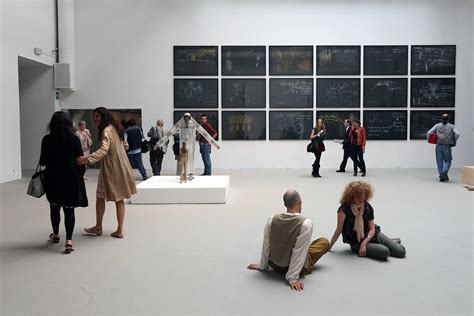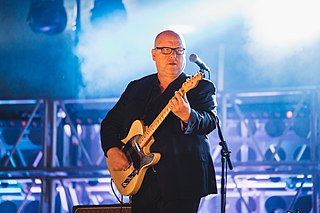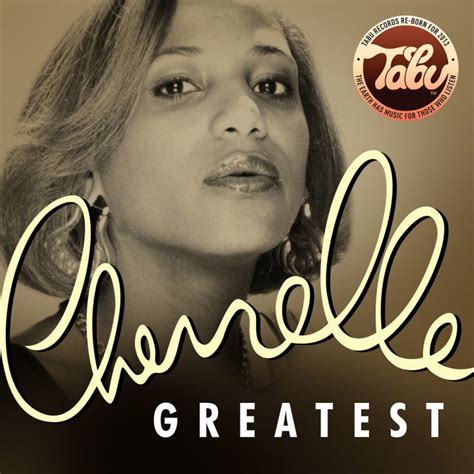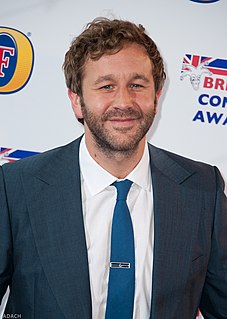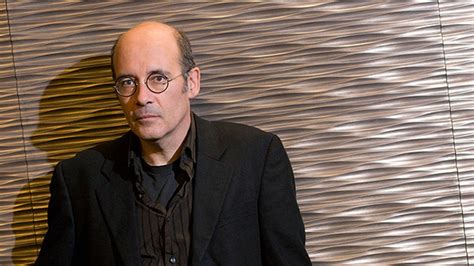A Quote by Junot Diaz
We hide so well. This is the bottom line: how hidden is male subjectivity? Name five books where male subjectivity is produced in an honest way.
Related Quotes
It does no one any good to say their novel sucks if you don't have an idea how to make it better, how to approach it from different angles and make it work. It's obviously a subjective process, right? But the thing about subjectivity, at least in the classroom, is that you're banking on your professor's subjectivity to be both personal and professional - that he or she has some sense about the world outside the workshop.
Identitarianism assumes that people are condemned to identify with the positive (ethnic/ gender/ nationalistic) predicates they possess, as if their subjectivity were exhausted by those properties. Exactly the opposite is the case: the authentic dimension of subjectivity consists not in any positive identity but in that which makes identifications.
What we take ourselves to be doing when we think about what is the case or how we should act is something that cannot be reconciled with a reductive naturalism, for reasons distinct from those that entail the irreducibility of consciousness. It is not merely the subjectivity of thought but its capacity to transcend subjectivity and to discover what is objectively the case that presents a problem....Thought and reasoning are correct or incorrect in virtue of something independent of the thinker's beliefs, and even independent of the community of thinkers to which he belongs. (p. 71)
And one more thing. About my name — Artemis — you were right. In London, it is generally a female name, after the Greek goddess of archery. But every now and then a male comes along with such a talent for hunting that he earns the right to use the name. I am that male. Artemis the hunter. I hunted you.
Yes. The original argument is defective. Substitute the word 'male' for 'gay,' and you'll see the flaw: 'Male people cannot be normal. If everyone were male starting tomorrow, the human race would die out, so being male cannot be nature's intended way.' Or you could substitute the word 'female.' In either case, the argument makes no sense: Being male or female is perfectly normal.


